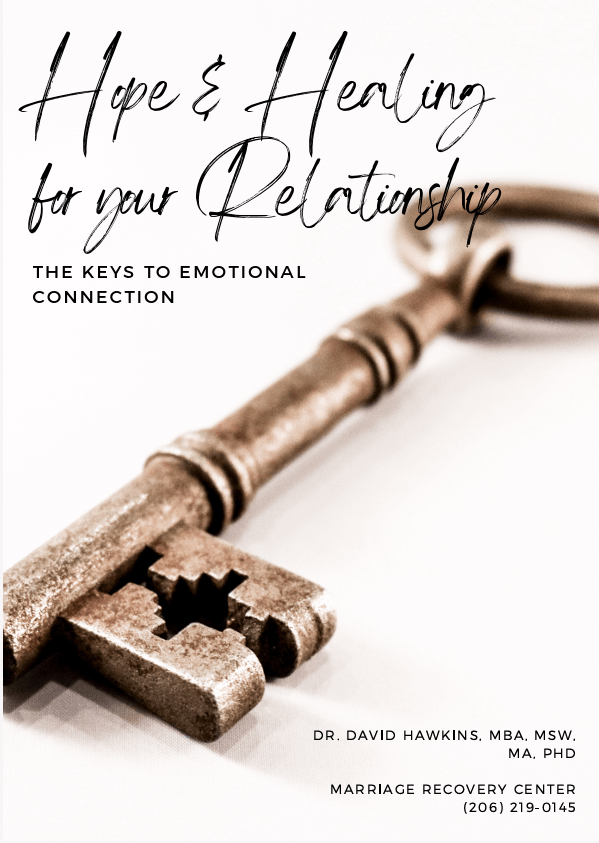Have you just made the painful discovery that your spouse has been unfaithful? Are you wondering if there is still hope for your marriage even if your spouse cheated on you? Sharmen Kimbrough shares some helpful steps on how to heal a marriage after an affair, as well as her thoughts on the forgiveness process and the possibility of reconciliation.
How to Heal a Marriage After an Affair
Discovering your spouse’s infidelity can be a devastating blow, leaving you reeling from the aftermath of betrayal and broken trust. If you find yourself grappling with this painful situation, it’s essential to understand that healing a marriage after an affair is a long and challenging process that requires both individuals to do their own work. In this article, we will explore some crucial steps to help you find your internal footing and gain clarity on how to navigate the aftermath of an affair.
Acknowledge the Long Process Ahead
Healing a marriage after an affair is not a quick fix; it demands significant effort and time. Recognize that you won’t simply get over it and move on. Both you and your spouse must be prepared for the hard work ahead. This process involves taking care of yourself, focusing on truth, and working towards healing.
Take Care of Yourself
In the aftermath of infidelity, your emotions may be overwhelming. Allow yourself to feel the pain and loss without suppressing it. Understand that the situation is not your fault; your spouse made the decision to have an affair. While you can reflect on areas of personal growth, remember that you did not cause their actions.
Seek Genuine Repentance
For healing to begin, your spouse must acknowledge the harm they caused and genuinely repent. A mere apology won’t fix the damage done. True repentance involves a consistent effort to change and ensure such actions are never repeated. It also means not demanding forgiveness or becoming defensive when faced with the consequences of their actions.
Consider Individual Healing Before Reconciliation
Before aiming for reconciliation, prioritize individual healing. The focus should be on personal growth and understanding what this experience means for you. Reflect on how the affair has changed your worldview, your values, and your aspirations. Seek to integrate these changes into the person you want to become.
Seek Support from Trusted Allies
You don’t have to navigate this challenging journey alone. Seek the support of trusted friends, family, or a professional counselor who can help you process your emotions and guide you towards healing. Having someone by your side who can help you stay focused on your well-being is essential.
Avoid Blaming Yourself
Resist the urge to constantly analyze your spouse’s actions and try to attribute blame. At this stage, it’s more productive to focus on your own healing and how you can respond to their behavior in a way that aligns with your values and character.
Reevaluate Your Boundaries
The affair has likely shifted your sense of trust and safety in the relationship. Take the time to reassess boundaries within the marriage and set parameters that protect your well-being. These boundaries will guide you towards what is good, right, and true for you.
Integrate Changes into Your Identity
As you undergo personal growth and healing, consider how the changes brought about by the affair fit into the person you aspire to be. Strive to integrate these changes positively into your identity while holding onto your core values.
Prioritize Healing Over Reconciliation
Restoring the marriage might not be the immediate goal. Prioritize healing for both yourself and your spouse. A healed individual can make a more informed decision about the future of the relationship.
In conclusion, healing a marriage after an affair is a complex and arduous journey. Both partners must be committed to doing the necessary inner work to rebuild trust and repair the relationship. While reconciliation may be the ultimate goal, the primary focus should be on personal healing and growth. Remember that seeking professional help and support is vital during this time. By navigating this process with intention and care, there is hope for a stronger and more resilient marriage, whether it is restored or not.
To learn how we can help, reach out to us at (206) 219-0145 or info@marriagerecoverycenter.com to speak with a Client Care Specialist
Also read: 3 Common Myths About Narcissistic Personality Disorder
About Dr. Hawkins:
The internet is inundated with hyperbole and misinformation about narcissism, leaving many people confused and hopeless. Get the facts on narcissism and emotional abuse from someone who has been researching, writing about and treating narcissism and emotional abuse for over a decade.
Dr. Hawkins is a best-selling author and clinical psychologist with over three decades of experience helping people break unhealthy patterns and build healthier relationships.
He is the founder and director of the Marriage Recovery Center and the Emotional Abuse Institute which offers education, training and counseling for people who want to break free of, and heal from, emotional abuse. Whether the perpetrator of the abuse is your spouse, partner, parent, boss, friend or family member, we offer practical advice for anyone trapped in a toxic, destructive relationship.
In addition to narcissism & emotional abuse, you’ll learn about the lesser known forms of abuse, including covert abuse, reactive abuse, spiritual abuse, secondary abuse, relationship trauma and much more.








